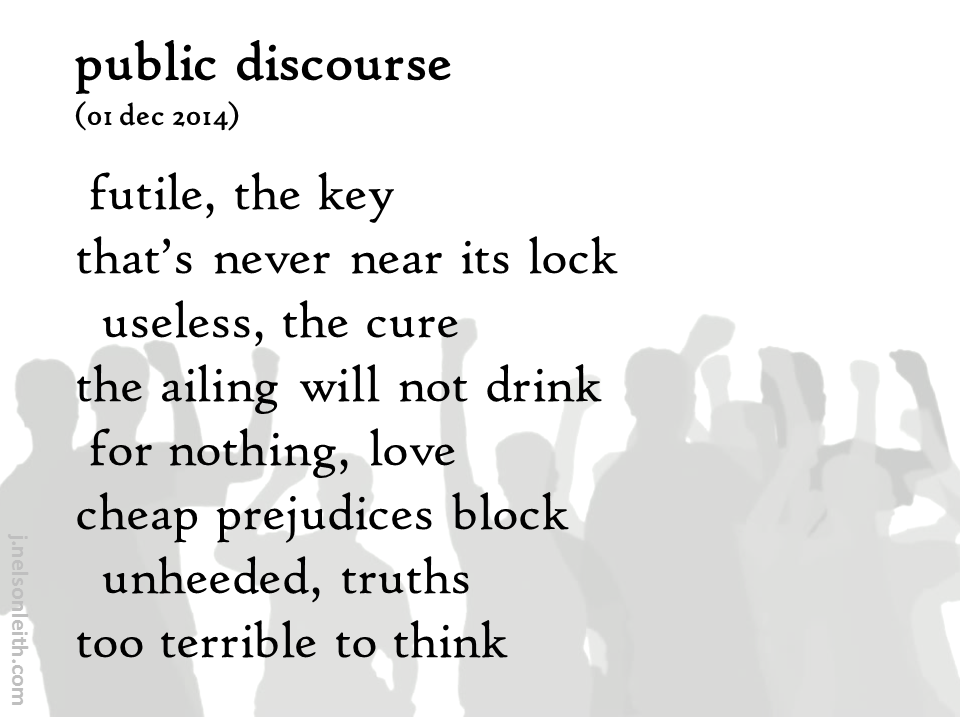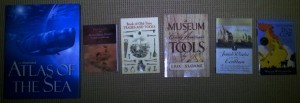
What good is a writer if he can’t destroy literature?
Julio Cortázar
It has become almost a cliché to remark that nobody boasts of ignorance of literature, but it is socially acceptable to boast ignorance of science and proudly claim incompetence in mathematics.
Richard Dawkins
Medicine is my lawful wife and literature my mistress; when I get tired of one, I spend the night with the other.
Anton Chekhov
Great literature is simply language charged with meaning to the utmost possible degree.
Ezra Pound
Ultimately, literature is nothing but carpentry. With both you are working with reality, a material just as hard as wood.
Gabriel Garcia Márquez
It’s funny, in literature no one ever goes to the lavatory.
Tom Baker
But I also think all of the great stories in literature deal with loneliness. Sometimes it’s by way of heartbreak, sometimes it’s by way of injustice, sometimes it’s by way of fate. There’s an infinite number of ways to examine it.
Tom Hanks
Music expresses that which cannot be put into words and that which cannot remain silent.
Victor Hugo
Everybody does have a book in them, but in most cases that’s where it should stay.
Christopher Hitchens
There are books of which the backs and covers are by far the best parts.
Charles Dickens

 This might sound a little weird from a guy who bought a projector TV so his home experience would match his cinema experience as closely as possible, but I still think there is a huge difference between a movie to see in the theater and a movie to wait to see at home.
This might sound a little weird from a guy who bought a projector TV so his home experience would match his cinema experience as closely as possible, but I still think there is a huge difference between a movie to see in the theater and a movie to wait to see at home.
 Once upon a time a man said “women in stories shouldn’t need a man to rescue them!” To prove his point, he wrote a story to rescue women from stories in which women needed men to rescue them.
Once upon a time a man said “women in stories shouldn’t need a man to rescue them!” To prove his point, he wrote a story to rescue women from stories in which women needed men to rescue them.

 Every once in a while, a book story comes along that’s so weird and cool, that you almost think it has to be an Onion parody. Get ready to roll a saving throw vs. spells, dear readers!
Every once in a while, a book story comes along that’s so weird and cool, that you almost think it has to be an Onion parody. Get ready to roll a saving throw vs. spells, dear readers!
 There’s no rule about how to organize your own book collection, but National Public Radio listeners had some interesting suggestions:
There’s no rule about how to organize your own book collection, but National Public Radio listeners had some interesting suggestions: 
 In chapter 120 of the Chinese classic, Wen-Tzu’s Book of Pervading Mystery (
In chapter 120 of the Chinese classic, Wen-Tzu’s Book of Pervading Mystery ( From the New York Times:
From the New York Times: How would you feel if I told you that a hack “
How would you feel if I told you that a hack “